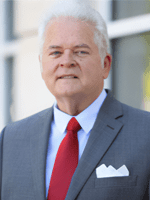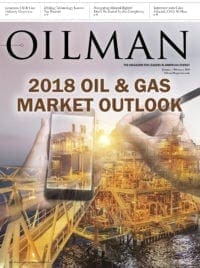In 1992, I founded and chaired the first International Energy Policy Conference (IEPC) now known as National Energy Talk (NET). IEPC/NET is now in its twenty-fifth year. The theme then and now is “Striving for Energy Efficiency and Environmental Preservation,” National Energy Talk provides a means of open dialogue regarding energy policies and issues.
The November 18-19, 2017 issue of the Wall Street Journal had an editorial entitled, “Germany’s Green Energy Meltdown.” The editorial begins “American climate-change activists point to Europe, and especially Germany, as the paragon of green energy virtue…Berlin last month conceded it will miss its 2020 carbon emissions-reduction goal, having cut emissions by just under 30 percent compared with 1990 instead of the 40 percent that Mrs. Merkel promised.”
The editorial went on to state, “Natural gas would be cleaner and is easy to switch on and off… natural gas accounts for only 9.4 percent of Germany’s electricity, down from a little over 14 percent in 2010. Gas accounts for some 30 percent of US electricity generation…”
Natural gas, in my opinion, will be a strong force in filling global energy needs in the years to come for both power generation and transportation. Natural gas burns more cleanly than other fuels, can be piped into homes to provide heating, cooking, and run appliances, can be used as a fuel for vehicles, and is relatively abundant, and clean-burning.
An article was written by Matt Ridley in 2013 entitled “How Fossil Fuels Have Greened the Planet”.
The article stated, “Did you know that the Earth is getting greener, quite literally? Satellites are now confirming that the amount of green vegetation on the planet has been increasing for three decades.
This will be new to those accustomed to alarming tales about deforestation, overdevelopment and ecosystem destruction.”
The article stated, “The inescapable if unfashionable conclusion is that the human use of fossil fuels has been causing the greening of the planet in three separate ways: first, by displacing firewood as a fuel; second by warming the climate; and by raising carbon dioxide levels, which raise plant growth rates.”
Natural gas is leading the transition from being a net importer to a net exporter primarily due to the LNG efforts. Natural gas is an energy answer that is available today. We should definitely be putting it to use even more. For years, I have voiced my belief that natural gas reserves are critical to a strong US economy and extremely important to America’s energy security. Natural Gas: “abundant and clean” is important to our country’s energy sustainability. Energy is the future of America and America Needs America’s Energy!
National Energy Talk is a platform engaging a national dialogue on energy issues, views and solutions. We address the needs, plans and issues that all types of energy face today. Through discussion, we can create a national energy vision. — What do you think? It is time for National Energy Talk. www.nationalenergytalk.com
Mark A. Stansberry, energy advisor and corporate development strategist, has been a columnist and contributor for Energies Media since 2014. He is the author of America Needs America’s Energy: Creating Together the People’s Energy Plan and the host of the National Energy Talk podcast. Stansberry served as U.S. Senator Bartlett’s intern/staff member from 1975-76, and led Senators Bellmon and Bartlett’s State Youth Conference in 1976. Stansberry can be contacted through his website.






